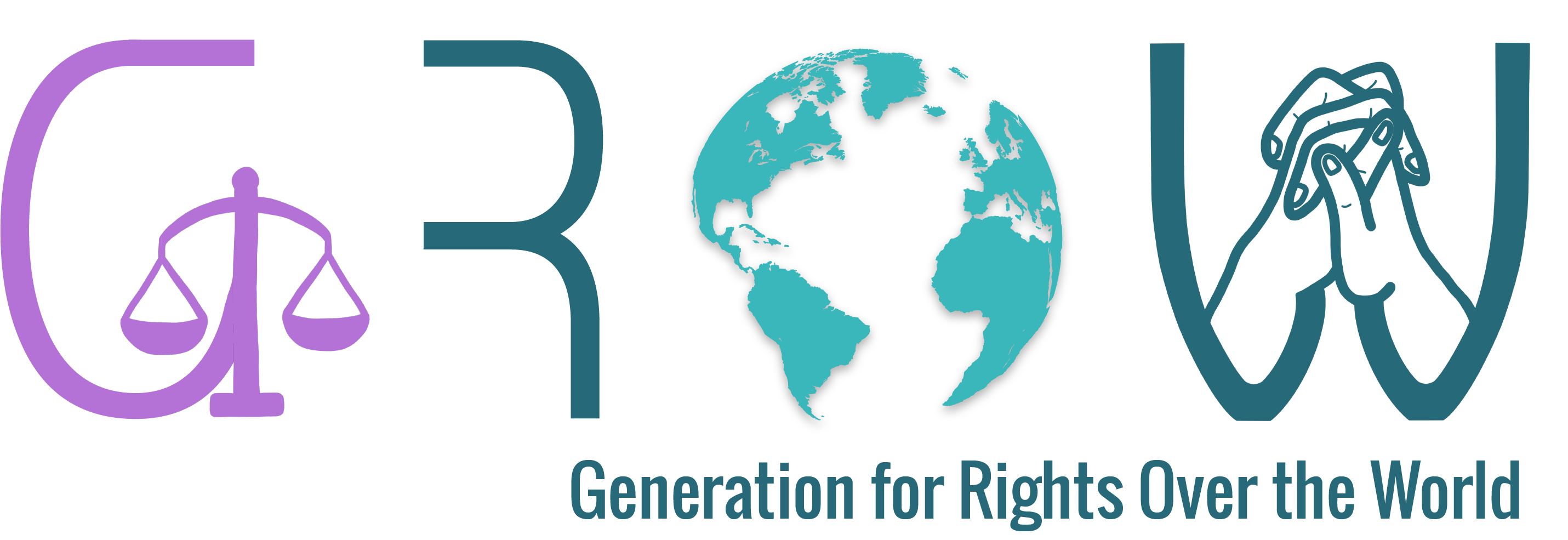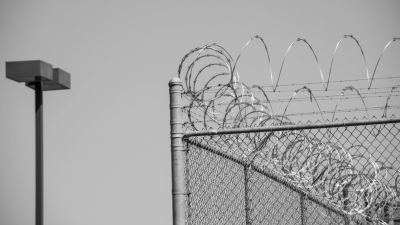“I have a responsibility to all the other refugees who are not heard” Yusra Mardini
The Swimmers tells the true story of Syrian refugees Yousra and Sarah Mardini. A film of implacable fairness that relates with great emotional strength the extraordinary destiny of these two champion swimmers. Raised in Damascus, they have been swimming since their childhood, trained by their father, who intends to take them to the Olympics. Yusra achieved a national record at the age of fourteen, but when several of her teammates were killed during the civil war, she decided to flee to Germany with her sister and cousin. Produced by Netflix, the film tells the story of how the two sisters fled the war in Syria in 2015 through Lebanon and Turkey, where they sailed with other refugees to the Greek island of Lesbos. The crossing is attempted with an overloaded boat, which breaks down in the middle of the Aegean Sea. The two swimmers, along with another woman, jumped into the water and pulled the boat ashore by the strength of their arms for three hours. Eventually they arrived in Germany, where Yousra resumed training, but her dream of competing in the Olympics now seemed far away, knowing that she had not been able to train for two years. With the help of Sven Spannekrebs, who agreed to train her, she did not lose the goal she had always set herself. Her sister, on the other hand, became involved in the defence of migrants’ rights after her arrival in Germany.
The themes tackled in the film
The film paints a picture of the reality of life in Damascus during the civil war: from the column of refugees attempting to reach Europe on foot, to the importance of swimming, understood as an unstoppable dream, in the search for personal fulfilment.
The film first evokes the civil war that led many Syrians to emigrate. In 2011, the Arab and North African countries (Tunisia) revolted in a revolutionary movement (often referred to as “the Arab Spring”) against their governments to obtain more freedoms. In Syria, Bashar-El-Assad established a dictatorship despite the disengagement of a large part of his army. This conflict caused the death of 250,000 people and forced half of the Syrian population to flee their country in search of a better future. Today, the civil war continues to jeopardize the lives and futures of young Syrian talents. Sarah and Yusra are among the nearly five million Syrians who fled their country in 2015.
The film also reports on the many obstacles that await those who are forced to leave their country for economic, political or environmental reasons. According to the United Nations High Commissioner for Refugees (UNHCR), nearly 4,000 people lost their lives in their journey across the Mediterranean in 20151. In August, the sisters landed on Lesbos with 80,000 others. “Some nights were beautiful, others terrifying”. This is how Yusra will describe their perilous odyssey to Europe. When they decided to leave their country in 2015, like thousands of other Syrians, they first flew to Turkey. In Istanbul, they looked for a smuggler who would take them to Greece. After a ten-hour journey in a bus where they could not go to the bathroom, take a break or even open the curtains, they arrived on a beach. There followed four days of interminable waiting, without food or water, and a crossing in an overcrowded boat. But the arrival in Greece was a new ordeal. They were temporarily received in a refugee camp, where the living conditions were unhealthy. Then, like many refugees, they crossed the borders with great difficulty in the face of European countries that did not wish to welcome them.
The situation for both sisters today
Between 2016 and 2018, Sarah Mardini continued her involvement in search and rescue operations with Emergency Response Center International (ERCI). Despite continued cooperation with authorities, however, Sarah found herself in the dock in 2018. She was arrested on August 21 for saving migrants from drowning on the island of Lesbos. From the status of a heroine to that of a criminal, she faced 25 years in prison, being accused by the Greek authorities of “human trafficking”, “money laundering”, “fraud”, “espionage”, and of belonging to a criminal organization. At the end of her trial, she would end up spending 106 days in pre-trial detention. A trial emblematic of the “criminalization” of solidarity according to Amnesty International2, while she was only “distributing towels and water”, as she explained in tears in a TED conference3 held in London in January 2020.
Since her selection for the Rio 2016 Olympics at only 19 years old, Yusra Mardini, has been cooperating closely with UNHCR. After qualifying for Rio in 2016 and Tokyo in 2020, where she was part of the first ever Olympic team of refugee athletes, she wanted to raise awareness of the global refugee crisis. As a result, she became the youngest UNHCR ambassador in April 2017. Her athletic achievements and activism are the finest example of the resilience and determination of refugees to rebuild their lives and make a positive contribution to host communities.
The Swimmers, film by Sally El Hosaini, 2022, 134 minutes, available on Netflix.
| ↑1 | UNHCR Report: https://reporting.unhcr.org/document/2247 |
|---|---|
| ↑2 | Amnesty International’s reaction: https://www.amnesty.org/en/latest/news/2023/01/greece-humanitarians-ordeal-must-now-end/ |
| ↑3 | Sarah Mardini’s TED conference: https://www.ted.com/talks/sarah_mardini_how_i_was_arrested_for_handing_out_blankets_to_refugees |







